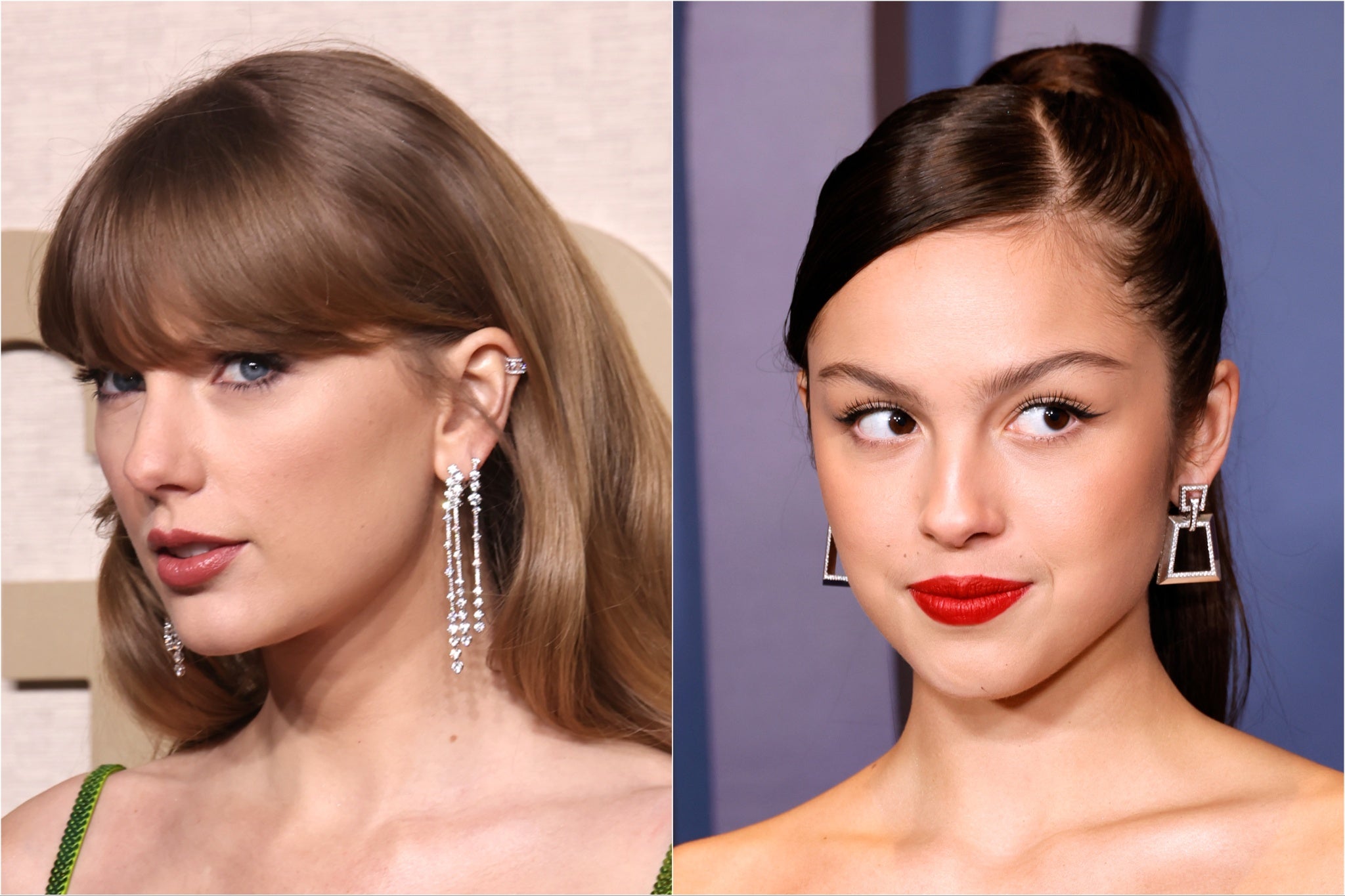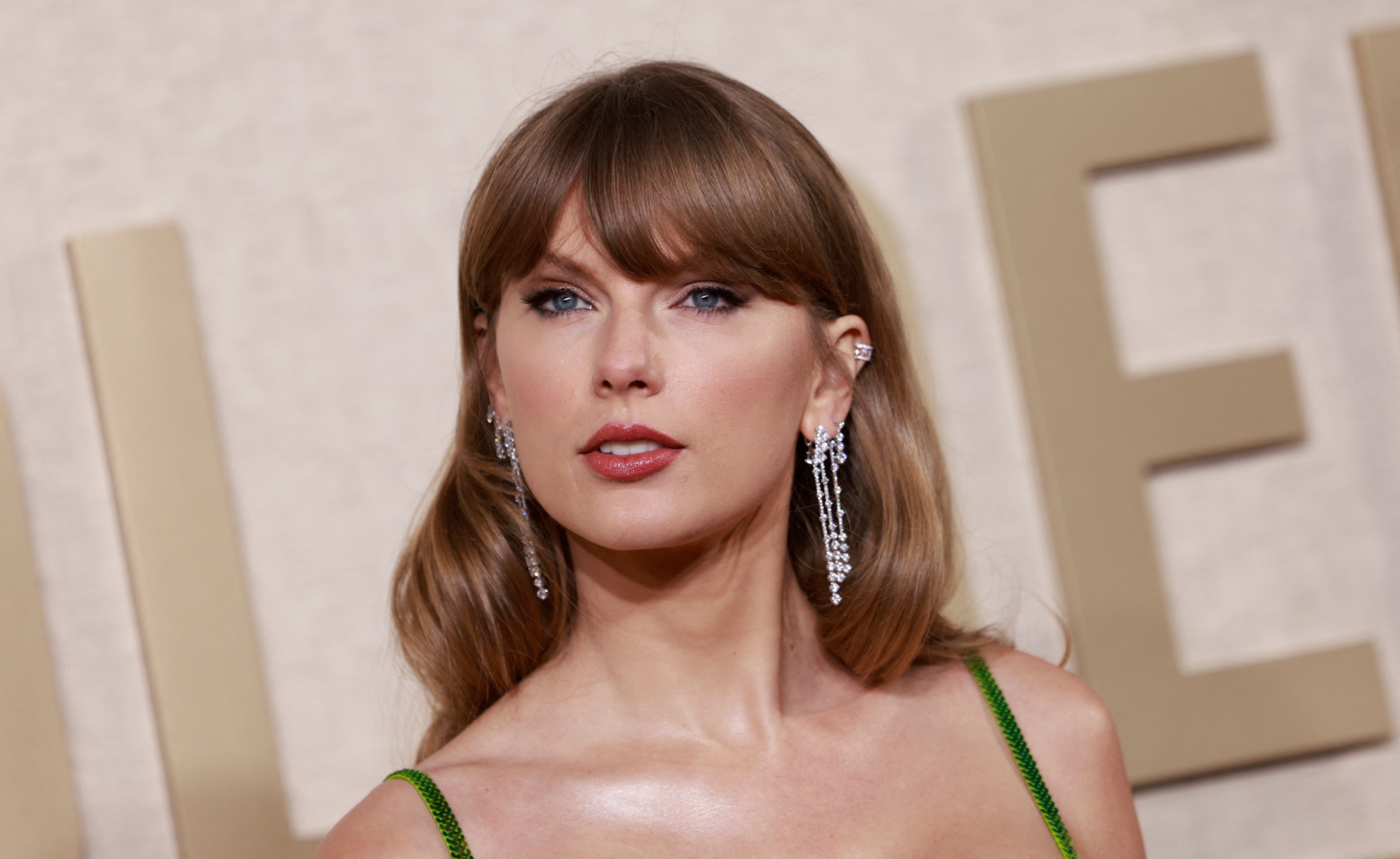Taylor Swift’s music catalogue pulled from TikTok after Universal Music Group licensing row
Universal Music Group, says it will no longer allow its music on TikTok now that a licensing deal between the two parties has expired
Taylor Swift’s entire music catalogue has vanished from TikTok.
It comes after the world’s biggest music company Universal Music Group said that it will no longer allow its music on TikTok now that a licensing deal between the two parties has expired.
UMG, which represents artists including Swift, Harry Styles, Drake, Adele, Bad Bunny and Billie Eilish, said on Wednesday (31 January) that it had not agreed to the terms of a new deal with TikTok, and plans to stop licensing content from the artists it represents on the social media platform that is owned by ByteDance, as well as TikTok Music services.
TikTok, which is owned by Chinese company ByteDance, allows users to upload short-form videos that are usually soundtracked by licensed music, sound effects or samples from films and TV shows.
On Wednesday, Universal Music Group published an unprecedented open letter – titled “Why We Must Call Time on TikTok” – accusing the site of attempting to “bully and intimidate” the company into accepting a deal that was “worth less” than the previous one and not reflective of TikTok’s “exponential growth”.
UMG said that TikTok proposed paying its artists and songwriters at a rate that's a fraction of what other major social platforms pay, adding that TikTok makes up only about 1 one per cent of its total revenue.
“Ultimately TikTok is trying to build a music-based business, without paying fair value for the music,” UMG said.

Now, it appears that the catalogue of music by the “Cruel Summer” singer has disappeared from the platform, while “Good 4 U” singer Olivia Rodrigo’s songs have also vanished. Meanwhile, videos featuring UMG songs – such as a Kylie Jenner post set to Del Rey’s “Cherry” and Dwayne “The Rock” Johnson’s video to Rick Ross’s “Hustlin’” – were muted.
Hitting back at UMG, TikTok accused the company of putting “their own greed above the interests of their artists and songwriters”.
“Despite Universal’s false narrative and rhetoric, the fact is they have chosen to walk away from the powerful support of a platform with well over a billion users that serves as a free promotional and discovery vehicle for their talent,” it said, in a statement shared with The Independent.
Yet Universal Music also called new technology a potential threat to artists and said that TikTok is developing tools to enable, promote and encourage AI music creation. UMG accused the platform of “demanding a contractual right which would allow this content to massively dilute the royalty pool for human artists, in a move that is nothing short of sponsoring artist replacement by AI.”

UMG also took issue with what it described as safety issues on TikTok, adding it is unsatisfied with TikTok's efforts to deal with what it says is hate speech, bigotry, bullying and harassment. It said that having troubling content removed from TikTok is a "monumentally cumbersome and inefficient process which equates to the digital equivalent of ‘Whack-a-Mole’”.
UMG said it proposed that TikTok take steps similar to what some of its other social media platform partners use, but that it was met with indifference at first, and then with intimidation.
“As our negotiations continued, TikTok attempted to bully us into accepting a deal worth less than the previous deal, far less than fair market value and not reflective of their exponential growth," UMG said.
"How did it try to intimidate us? By selectively removing the music of certain of our developing artists, while keeping on the platform our audience-driving global stars.”
The Independent has contacted Universal Music Group for additional comment.
Additional reporting on wires
Bookmark popover
Removed from bookmarks